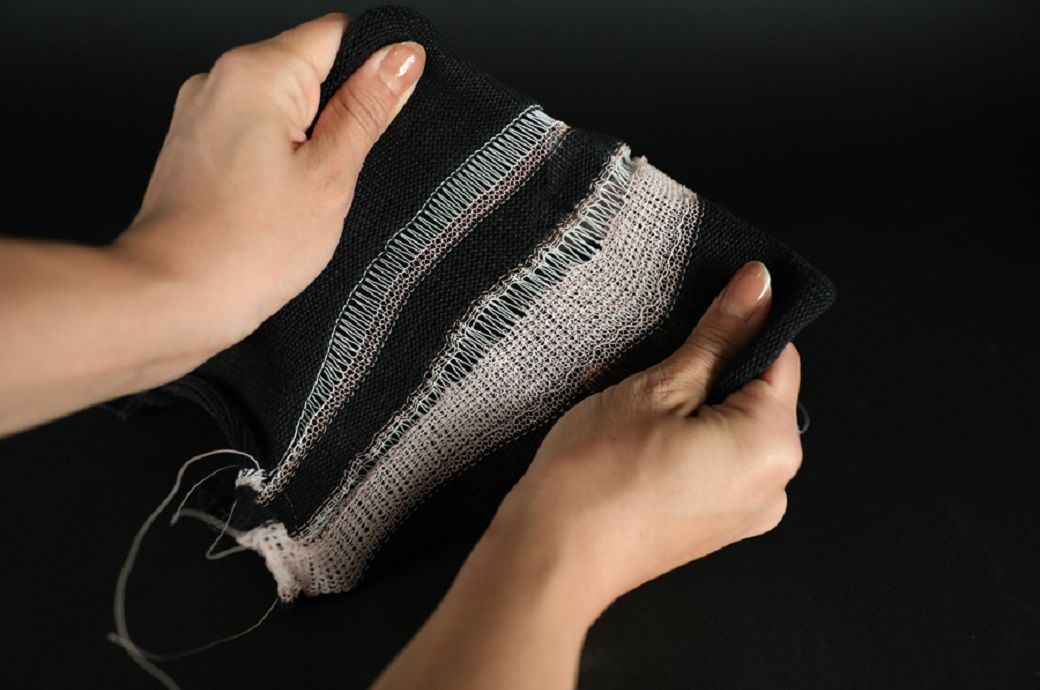
The researchers used a material called liquid crystal elastomer (LCE) to create the fibre. When heated, the crystal molecules in LCE fall out of alignment, pulling the elastomer network together and causing the fibre to contract. It self-reverses when the temperature decreases. The fibre can be mixed with conductive thread to enable digital control over the textile’s form, offering applications beyond clothing, such as fabrics that can react to digital signals like heart rate readings, according to an MIT article titled ‘Shape-shifting Fiber can Produce Morphing Fabrics’ by Adam Zewe
Current alternatives like shape-changing alloys and McKibben actuators have limitations such as low contraction and the need for external equipment like air compressors. FibeRobo, however, can contract up to 40 per cent and is much cheaper to produce—costing about 20 cents per metre, roughly 60 times less expensive than its commercial counterparts.
Initial applications have been promising, including an adaptive sports bra that tightens during exercise and a dog’s compression jacket that hugs the pet based on a Bluetooth signal. The team aims to make the fibre recyclable or biodegradable in future iterations and to allow people without lab expertise to produce it. This innovation, supported by multiple fellowships and companies, opens doors to a wide range of applications and takes smart textiles one step closer to commercial viability.
Fibre2Fashion News Desk (NB)

